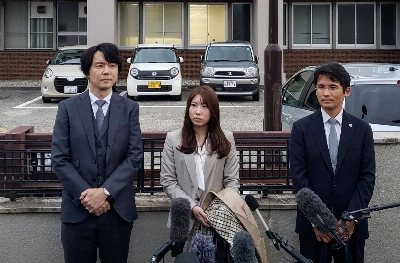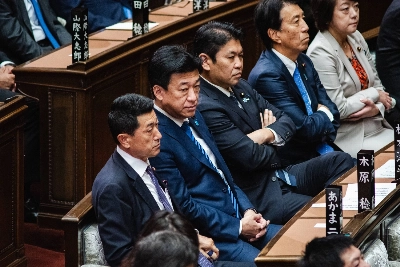The release by North Korea of two Korean-American journalists is a welcome event. The two women broke the law, but incarceration was excessive punishment and their release was long overdue. The delay suggests the fate of these two women was determined by forces much larger than the details of their particular "crimes." The key question now is what comes next: Is this gesture part of a larger strategy by Pyongyang to re-engage the world, and the United States, in particular, and how will Washington and other nations respond?
Ms. Laura Ling and Ms. Euna Lee were arrested earlier this year when they crossed into North Korea from China as they reported on the fate of North Korean refugees. After a brief trial, they were convicted and sentenced to 12 years of labor, but they remained in a state guest house rather than being sent to prison. That alone suggests that North Korea planned all along to release the two women when circumstances were right.
Washington reportedly began back-channel discussions with Pyongyang to win their release immediately after they were detained. The arduous process was made immeasurably more difficult by North Korea's nuclear and missile tests, its withdrawal from multilateral denuclearization talks, United Nations sanctions, and injudicious remarks about the North Korean legal system and North Korea by U.S. Secretary of State Hillary Clinton. Add reports of North Korean leader Kim Jong Il's ill health and efforts to secure the succession of his son and it is a wonder that the women were ever released.


















With your current subscription plan you can comment on stories. However, before writing your first comment, please create a display name in the Profile section of your subscriber account page.